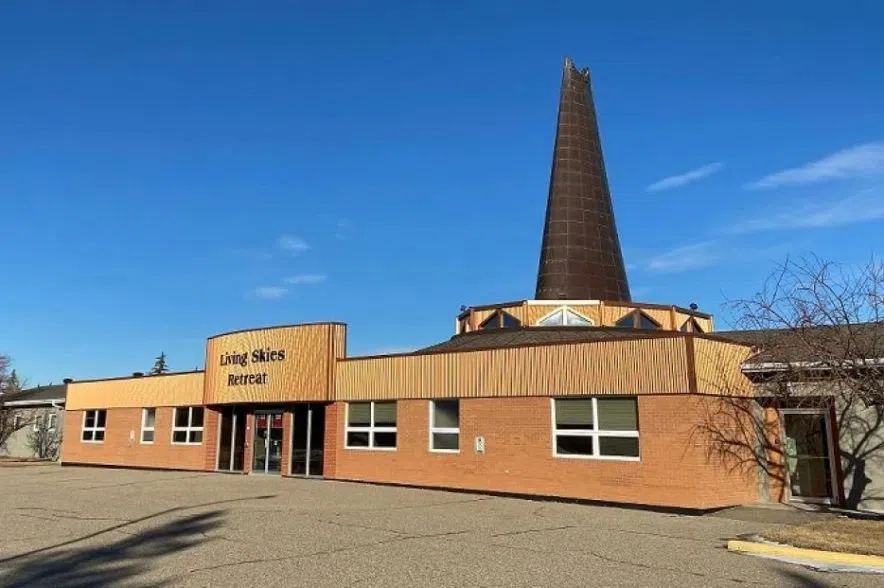The Sask. NDP is accusing the provincial government of spending taxpayer dollars on addiction treatment beds that are not in use.
Trevor Cyr, a former employee with the Willowview Recovery Centre, said he felt the addictions treatment centre wasn’t open for the right reasons.
In September, Cyr resigned from the addictions treatment centre in Lumsden after he said he waited months to start helping patients who never came through the doors.
“It should be open to help the people in recovery or looking for recovery … if it’s for profit, it’s not going to go in a good way,” he said.
Read more:
- Months behind schedule: recovery centre in Lumsden still not open
- Regina to receive $3.5 million from feds to help with homelessness
- Sask. launches five-year plan for mental health and addictions
The 60-bed addictions treatment centre was supposed to open in the spring of 2024 but it is still not operating at full capacity.
“It’s frustrating knowing there’s people dying out there,” said NDP critic for addictions and mental health, Betty Nippi-Albright. “There’s people suffering out there because they can’t get an inpatient, can’t get in into a treatment center.”
Nippi-Albright said the NDP has filed Freedom of Information requests to the provincial government to find out what happened to the money that went to EHN Canada — a network of publicly funded and private treatment services for addiction, trauma, and mental health — who is running the facility.
She also wrote to the provincial auditor to investigate.

The Living Skies Retreat just outside Lumsden was turned into the Willowview Recovery Centre, but the centre has yet to fully open. (CJME file photo)
In a written statement from the facility’s former admission coordinator, Mandy Challis said she quit because there were no patients at the facility to help.
“I applied to work at this facility because I wanted to help people,” she wrote. “But it was a horrible culture focused entirely on profits, not people.”
Challis said the building also lacked a proper sewage system and did not meet fire code standards.
As someone who has gone through treatment for his own addiction issues, Cyr said he understands how important the recovery process can be.
“I’m very passionate about recovery,” he said. “I understand the life that is given back to us through recovery.”
It was a “tough pill to swallow” for Cyr telling friends and family members that they could not get into the facility yet.
In December, the province confirmed the 60 inpatient treatment beds weren’t open, but said there were 60 spaces at the facility available for day treatment. Programming included cultural and family support and cognitive behavioural therapy.
Lori Carr, the minister in charge of mental health and addictions, added the facility’s opening was delayed because the sprinkler system wasn’t up to code.
We’ve reached out to the provincial government for a comment but did not receive a response by the time of this publication.











